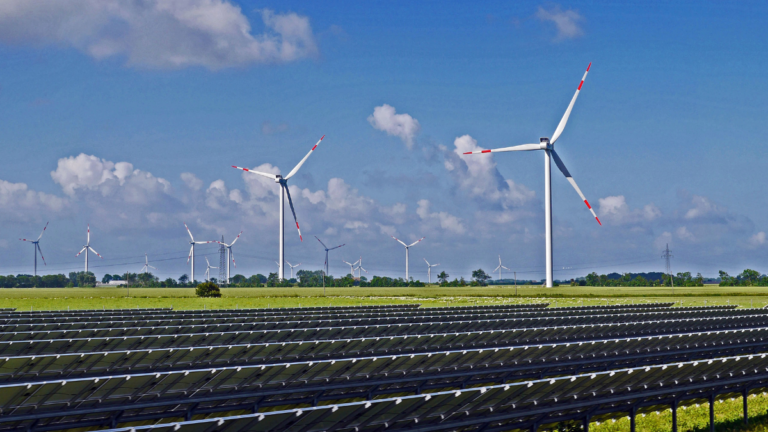🎧 Listen to This Article
MANAMA – In a groundbreaking fiscal move, Bahrain has become the first country in the Gulf Cooperation Council (GCC) to approve an environmental tax on corporate carbon emissions, as part of a broader economic reform package aimed at stabilizing public finances and addressing its debt-to-GDP ratio of nearly 130%.
While the final tax rate has yet to be confirmed, the decision marks a significant shift for the Gulf region, where fossil fuel revenues dominate government income. Bahrain’s eight-point reform plan, approved in principle, also includes a corporate tax and increased excise duties on energy drinks, sugary beverages, and tobacco.
“The key challenge will be balancing environmental objectives with economic competitiveness,” said Nils Vanhassel, Middle East tax associate at DLA Piper.
Economic Pressures and Fiscal Reform
Bahrain’s public finances are under intense strain amid a sustained drop in oil prices. Oil revenues account for over 60% of government income, leaving the country highly exposed to energy market volatility.
The carbon tax is seen as both a fiscal tool and an environmental incentive, particularly targeting the manufacturing sector, which represents 14% of Bahrain’s GDP. The government intends for the levy to encourage cleaner production and help meet future climate targets.
Global Models: Sweden & EU Provide Framework
Though new to the Gulf, environmental levies are well-established in other regions. The government is reportedly examining successful models such as:
- Sweden’s Carbon Tax – EUR 134 ($145) per tonne of CO₂
- EU Carbon Border Adjustment Mechanism (CBAM) – which imposes carbon costs on imports
“These examples demonstrate that environmental levies can drive sustainability without severely harming competitiveness,” Vanhassel noted.
Additional Fiscal Measures
Bahrain’s 2025–2026 national budget, effective from January 1, is supported by a comprehensive reform agenda, including:
- Corporate income tax introduction
- Excise tax hikes on sugar-sweetened beverages, energy drinks, and tobacco
- VAT rate remains steady at 10%
- Tax incentives for companies prioritizing the hiring of Bahraini nationals
These measures reflect growing urgency from both domestic policymakers and international institutions such as the IMF, which has warned about Bahrain’s unsustainable debt levels.
For further details, clarification, contributions, or any concerns regarding this article, please contact us at editorial@tax.news. We value your feedback and are committed to providing accurate and timely information. Please note that our privacy policy will handle all inquiries



